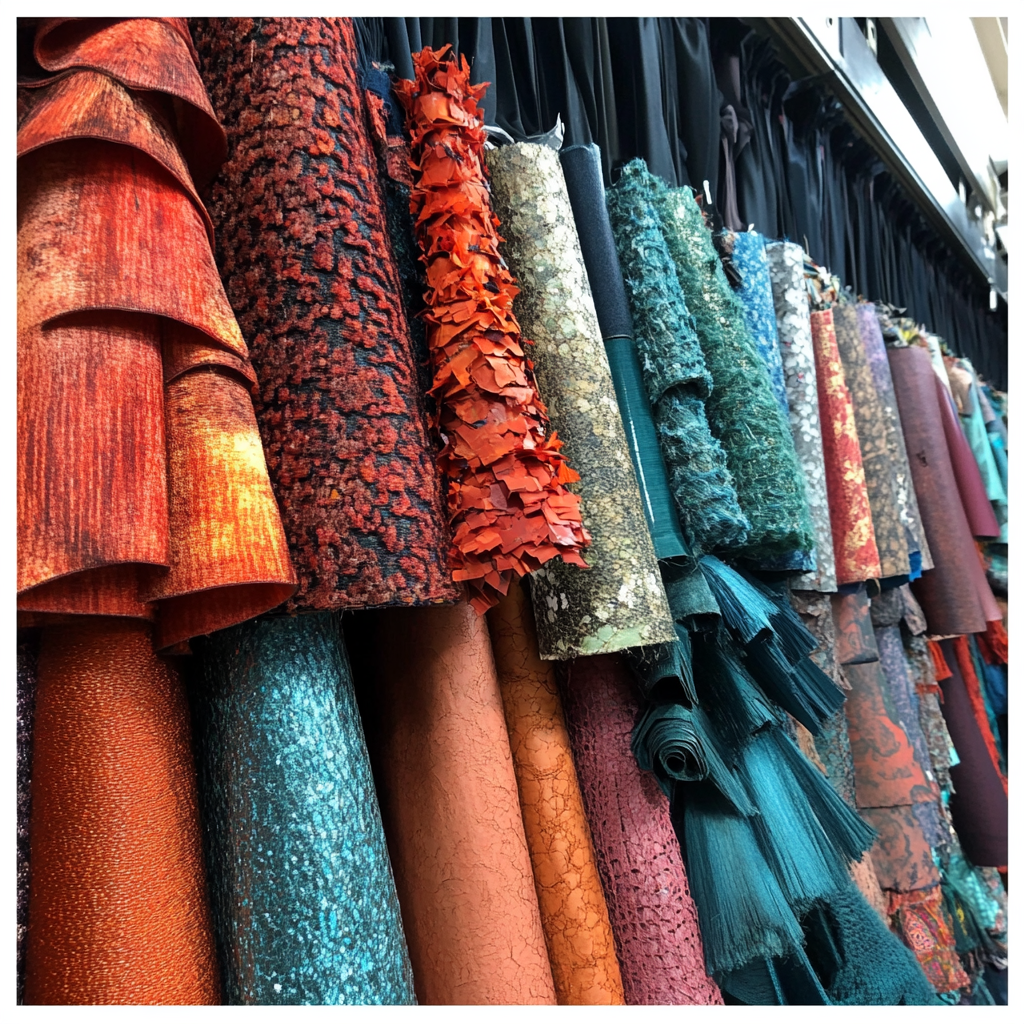Sustainability in Fashion

Sustainable fashion materials
Sustainability in fashion hs become a crucial aspect of the industry, with brands and consumers increasingly aware of their environmental impact. Traditional fashion models, often driven by fast fashion, contribute to massive amounts of waste, pollution, and overconsumption of resources. Brands are now shifting towards sustainable materials, such as organic cotton, recycled fabrics, and innovative textiles made from renewable sources. This change is essential to minimize the carbon footprint of garment production and move towards a more eco-conscious future.
Ethical fashion production
Ethical labor practices are just as important as environmental concerns in the pursuit of sustainability. Many fast fashion brands have been criticized for poor working conditions and low wages. In contrast, sustainable fashion brands prioritize fair wages, safe working environments, and transparent supply chains. By supporting ethical fashion, consumers can ensure that the people behind the garments they wear are treated with dignity and respect. This shift not only supports workers but also fosters a more just and humane industry.


Sustainable fashion choices
For consumers, adopting sustainable fashion habits is key to reducing waste and promoting a more responsible lifestyle. Choosing quality over quantity, investing in timeless pieces, and embracing second-hand shopping are all ways individuals can make a difference. Additionally, innovative solutions like clothing rentals and upcycling help extend the lifespan of garments. By making more conscious choices, consumers can drive demand for sustainable fashion and contribute to an industry that respects both people and the planet.